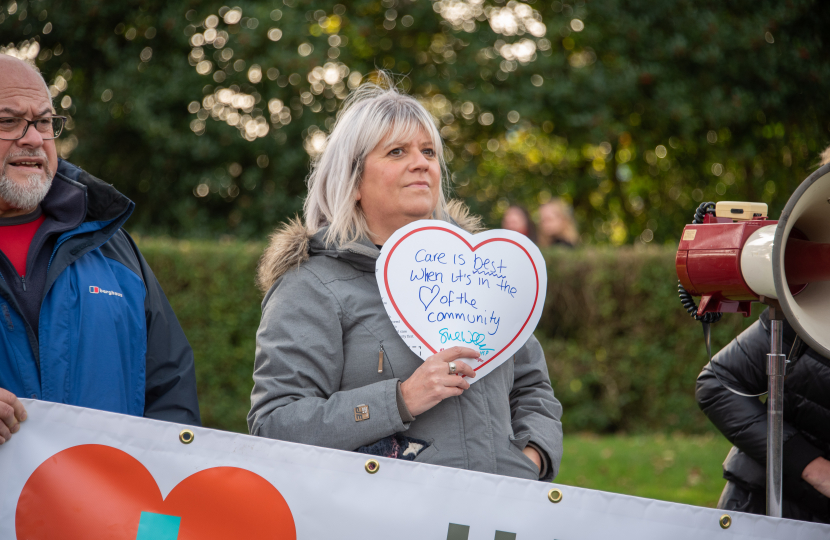
Thanks to the new First Minister’s less than spectacular performance as health secretary and the equally lacklustre tenure of the new Deputy First Minster in the same job before him, the latest incumbent, Michael Matheson will find his in-tray piled high with the result of years of mismanagement.
That Mr Matheson’s title now includes NHS Recovery as well as health and social care is an admission of failure and it’s not as if the money isn’t there to deliver a more efficient service than most patients now experience.
Accident and emergency waiting times continue to break records, with 37 per cent of patients kept waiting over four hours last month, compared to 13.4 per cent when Humza Yousaf took over health in May 2021. A near trebling of A&E under-performance in less than two years is quite the recommendation for assuming the top job in Scottish politics.
The most up-to-date cancer treatment waiting times for the July-September quarter last year show 74.7 per cent of patients started treatment within the required 62 days since the first suspicion of cancer compared to 83.7 per cent at the end of 2019. But the target is 95 per cent.
Put another way, over a quarter of cancer sufferers, some 9,000 people with new diagnoses last year, waited more than two months for treatment to start, which could mean the difference between life and death. With the total number of new cases in 2021 up 5.5 per cent on pre-pandemic levels to 35,379, without urgent action those waiting times will only lengthen.
As for other operations, in the NHS Lothian area alone there were 1152 patients admitted for orthopaedic treatment just in the three months to the end of December last year, and the median waiting time was 36 weeks, which means half had to wait longer. For people often suffering excruciating pain, no wonder so many choose to go private.
But it’s not as if Mr Matheson can just snap his fingers and magic these problems away because years of under-investment in medical training means the number of new qualified staff is nowhere near enough to fill the vacancies which are a main cause of delayed treatment.
In June last year, NHS Scotland reported the number of vacant nursing and midwifery posts had risen 38 per cent to just over 6,200 whole time equivalents, and in December, the British Medical Association estimated there were 937 consultant vacancies in Scotland, just over 14 per cent of the entire senior workforce.
But the Scottish Foundation School, which turns new medicine graduates into qualified doctors, recruits only 849 graduates each year.
This is the bread-and-butter stuff Mr Matheson must tackle as a priority, not distractions like the National Care Service for Scotland which could cost £1.9bn just to establish. The bill has been postponed until June 30 because of “complex and extensive” scrutiny, but it’s not going to get any less difficult, and it’s bizarre to squeeze in such an important debate the day before the summer recess when the Scottish Parliament will probably be half empty.
While Scots wait for more than 700,000 appointments, the idea should be scrapped altogether so the latest minister can figure out his recovery position. But then that would be another admission of his predecessor’s failure.

